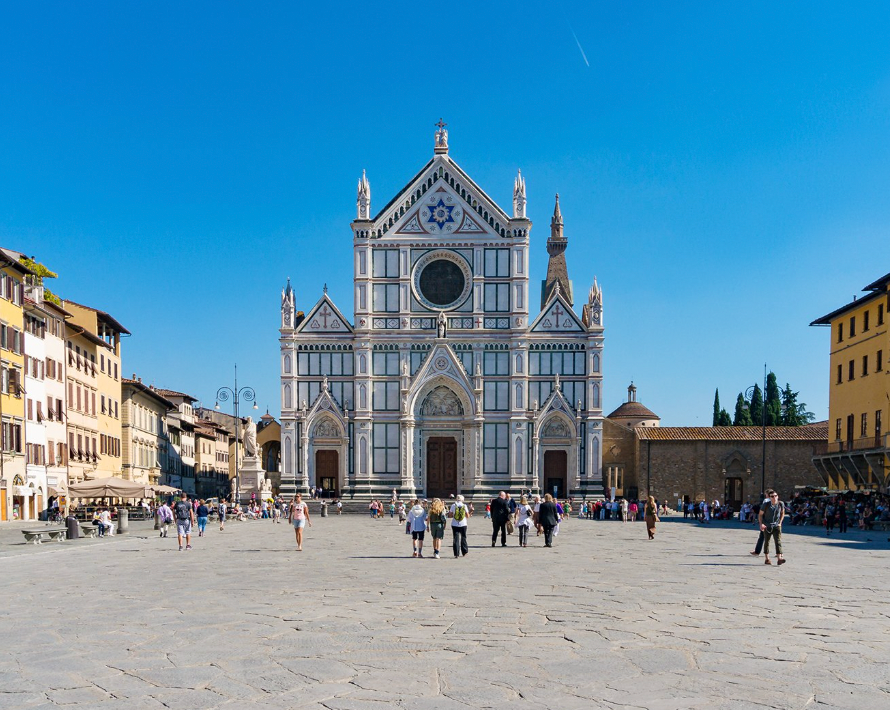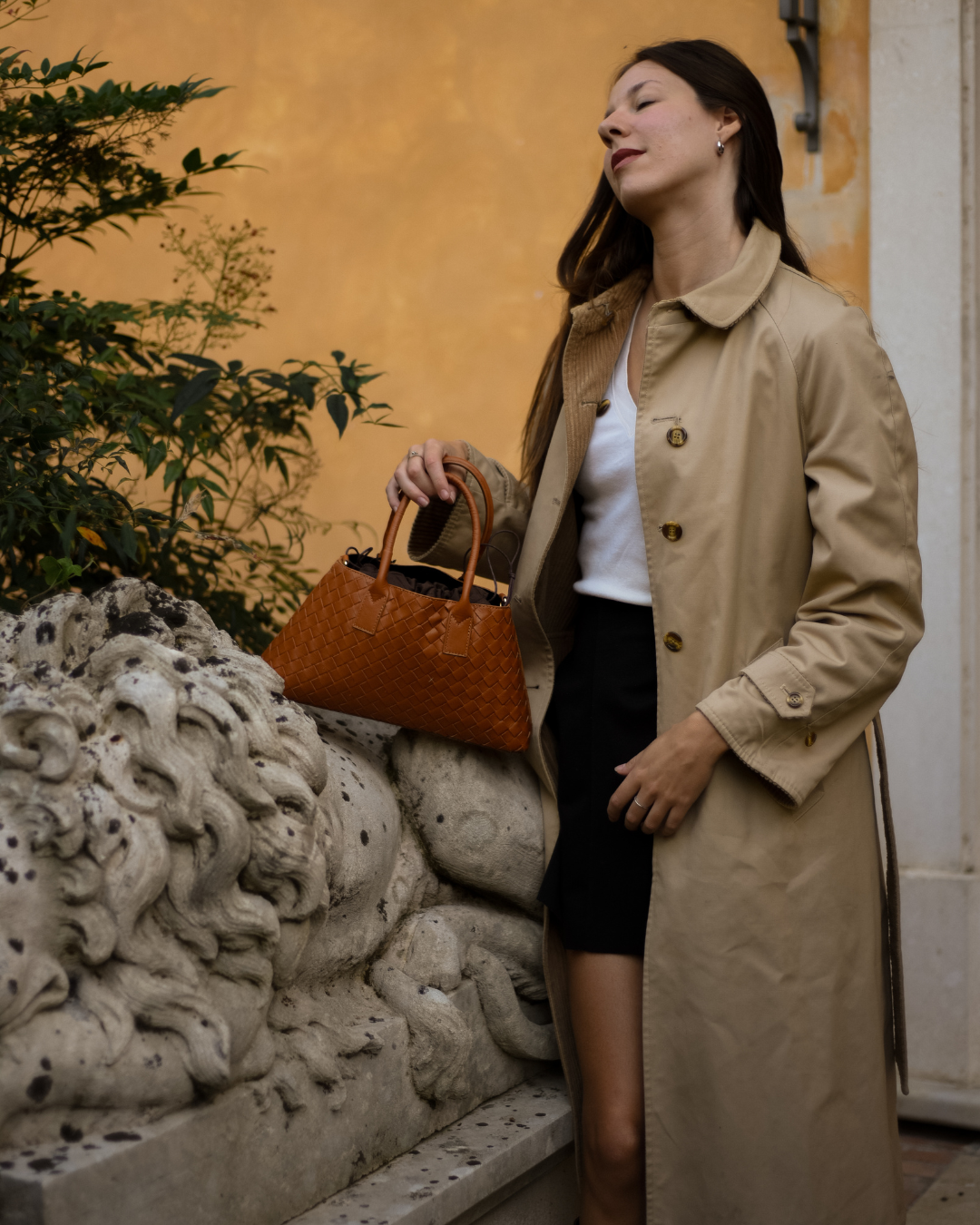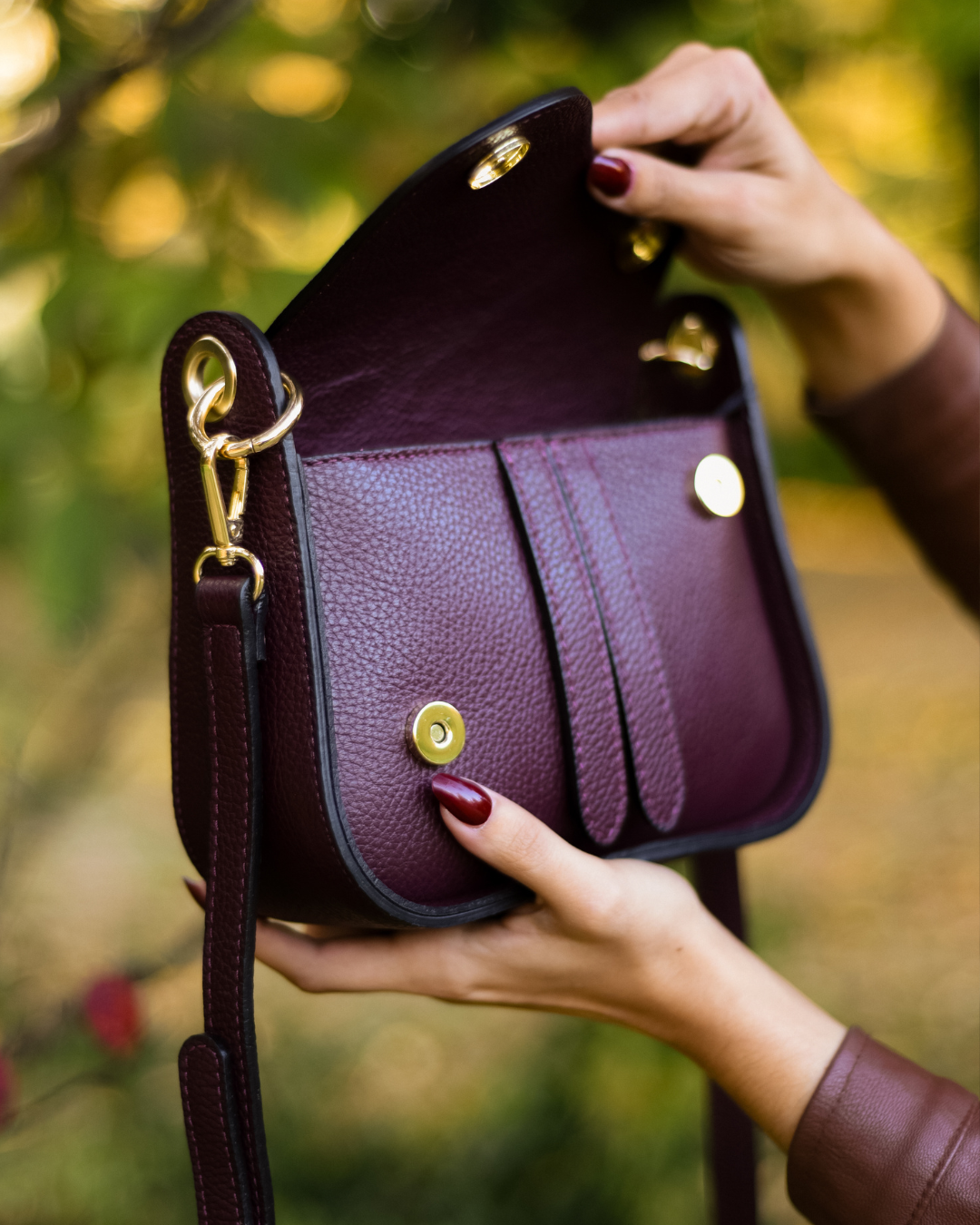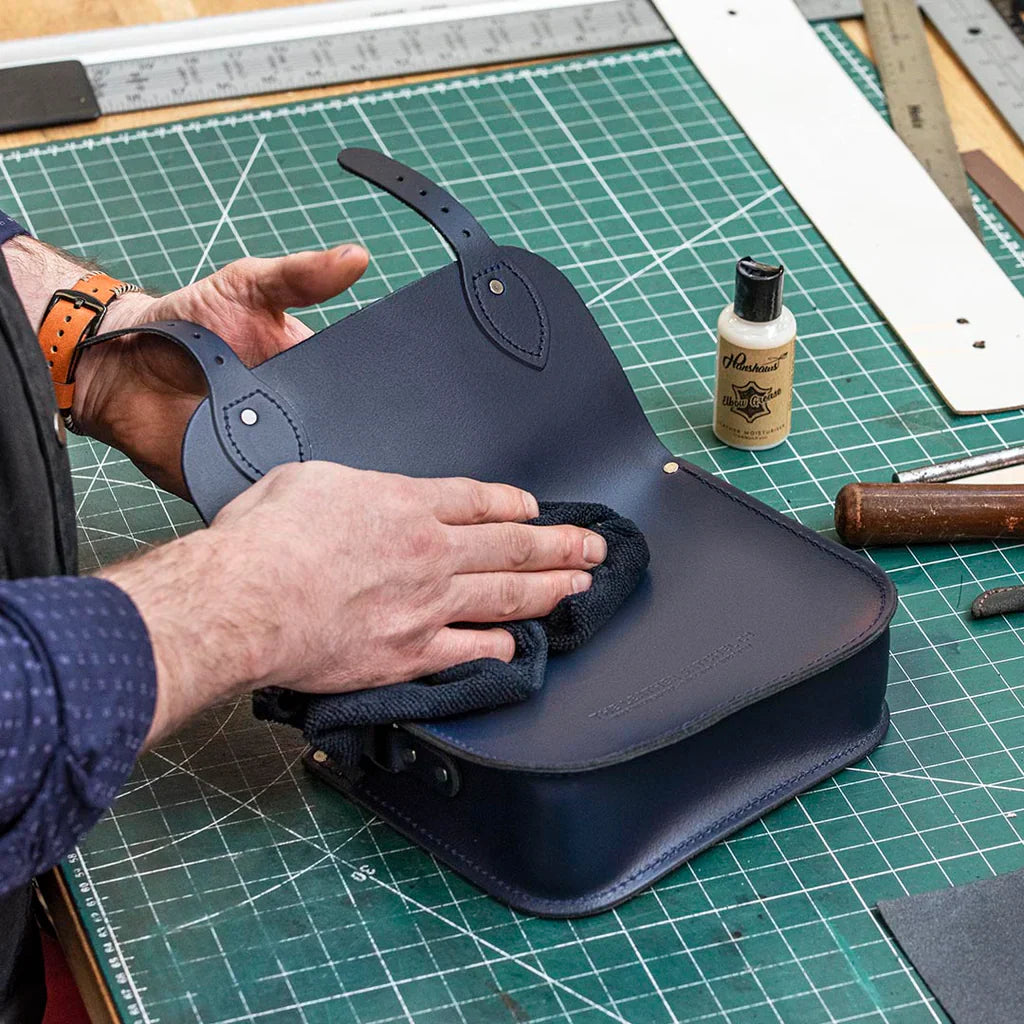Article: Mini Guide: Florence Through History

Mini Guide: Florence Through History
Florence is more than the birthplace of the Renaissance. Behind its marble facades and winding streets lies a city shaped by merchants, guilds, and artisans whose legacy still breathes today. From leatherworkers by the Arno to the great families of the Medici, Florence’s history is woven into every piazza and workshop. To truly understand the city, follow its story through these landmarks that reveal how art, power, and craft came together to make Florence what it is.
1. Santa Croce, the cradle of artisans
Built in the 13th century, Santa Croce is not only the resting place of giants like Michelangelo and Galileo. It also became the neighborhood of tanners and leatherworkers, where the bond between Florence and leather truly began.
2. Ponte Vecchio, the merchant’s bridge
In the Middle Ages, butchers and tanners worked along the Arno, using the river for their craft. Later, the Medici replaced them with jewelers, but the bridge still tells the story of Florence’s trade and craft tradition.
3. Palazzo Vecchio and the Guilds
The great guilds of Florence, including the leatherworkers, were headquartered around Palazzo Vecchio. These institutions defined quality standards and protected trade secrets, shaping the reputation of Florentine leather that still lives on today.
4. The Renaissance workshops
During the 15th and 16th centuries, workshops flourished around the Duomo and San Lorenzo. Leather became more than a necessity: it was transformed into luxury goods, decorated bookbindings, and elegant pouches for Florence’s elite.




Leave a comment
This site is protected by hCaptcha and the hCaptcha Privacy Policy and Terms of Service apply.